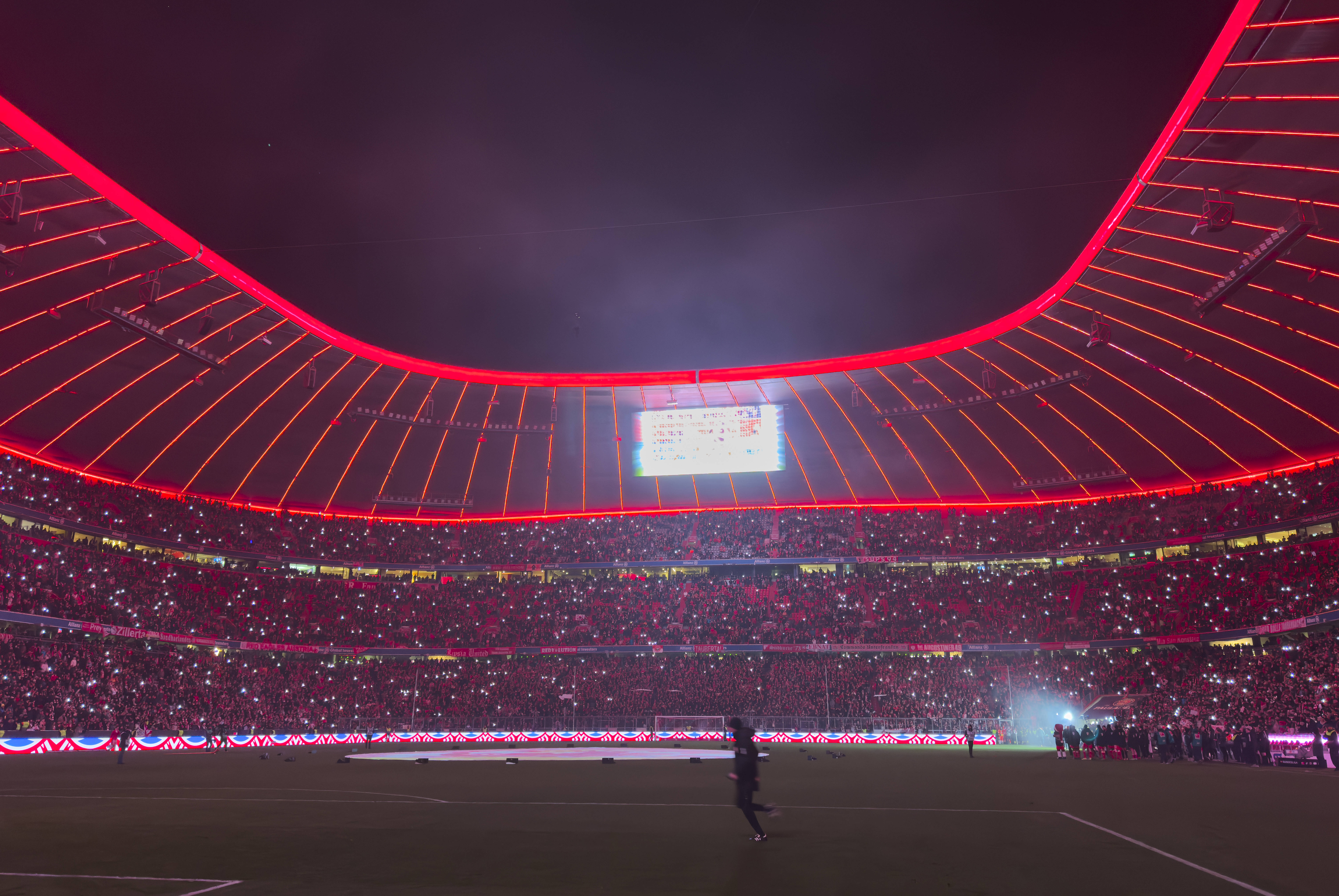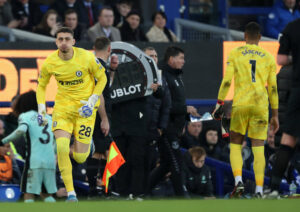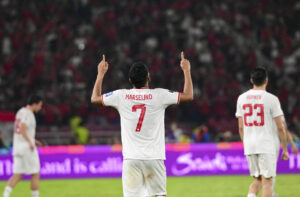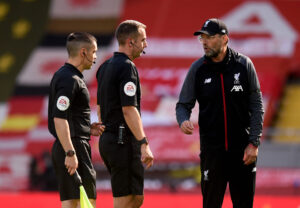Bayern Munich will finish this season without a title. Even though it is the first time since 2012 that this will be the case, this should not be a reason to sound the alarm bells. But many warning signs would suggest that this could be the beginning – of a downward spiral for the club. In this article, we will examine several Bayern Munich issues that need to be dealt with decisively.
Lingering Bayern Munich Issues
The Board
For the last few decades, until very recently, Bayern Munich had a clear hierarchy at the front office. At the top of it were Uli Hoeness and Karl-Heinz Rummenigge, regardless of who else happened to be at the club at the time or what the official positions of the grand duo were. Those two usually made decisions affecting the club together. Those two greats have moved into semi-retirement and are just on President Herbert Hainer’s advisory board. Hainer seems to be more of a hands-off president like Franz Beckenbauer rather than the active style of Hoeness, who served as the leading club official between them.
Read More: The Grand Duo on the Bayern Munich Board and How To Let Go
Now, the Bayern Munich hierarchy is much flatter than it has maybe ever been. Jan-Christian Dreesen is the CEO, who shares power with sporting director Christoph Freund and the new sporting CEO Max Eberl. Then there is the president’s advisory board, which has multiple members, though Hoeness and Rummenigge are the ones who count. They can and do sabotage the work the others put in by publicly proclaiming their controversial opinions. A flat hierarchy can be helpful in many realms, but when running a top-level football club, too many cooks tend to spoil the broth. All lingering Bayern Munich issues boil down to this problem on the board.
The Coaching Situation
Xabi Alonso, Julian Nagelsmann and Ralf Rangnick have all turned down the opportunity to coach Bayern next season. The Bayern coaching job is such a hot seat that since Pep Guardiola departed the club in 2016, none of his successors lasted a full two seasons, let alone the three that the current Manchester City manager survived.
Read More: Bayern Munich’s Coaching Carousel: The Five Short-Term Coaches Since 2016
Bayern will need to find a coach with a lot of pedigree, thick skin, excellent man-management skills, and the ability to withstand immense pressure. The board should give more patience and time to whomever they decide to hire next.
The Lack of a Strategy in the Transfer Market
During the days when Rummenigge and Hoeness were actively in charge of the club, the transfer strategy was clear: buy quality players without overspending. The summer transfer window took place before the arrival of Freund and Eberl. Therefore, the transfer policy was decided by a task force. Even though Rummenigge and Hoeness supposedly led it, their guidelines were out the window. Harry Kane came in for a 100 million Euro price tag. Given Bayern’s desperate situation up front, that may be considered as a necessary evil.
Read More: Yes We Kane: The Importance of a True Number Nine
But the signing of Min-jae Kim for 50 million was not. They dug themselves a hole by selling Lucas Hernandez and Benjamin Pavard, but loaning Josip Stanisic to Bayer Leverkusen, while knowing that the French duo of defenders wanted out, was an unforced error, which is so baffling that it is difficult to even put into words.
Since Freund took over as sporting director, he brought in Eric Dier, Sacha Boey and Bryan Zaragoza in January. While the Dier deal turned out great thus far, the other two have been anything but that. There are some in the German press and perhaps even at the club itself doubting Freund’s ability to evaluate talent. Unlike most of their top European rivals, Bayern lacks an oligarch owner with unlimited cash. All of these Bayern Munich issues have become more and more visible on the field. If the club do not fix them immediately by building up long-term leadership from the coaching staff, the team may fall into a downward spiral.






